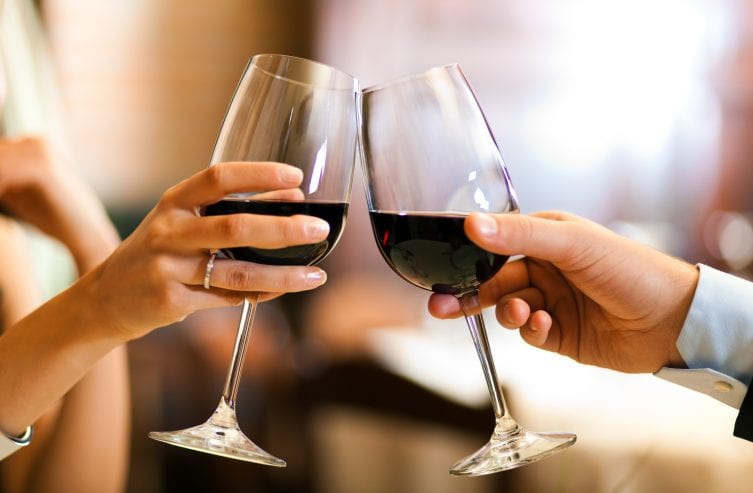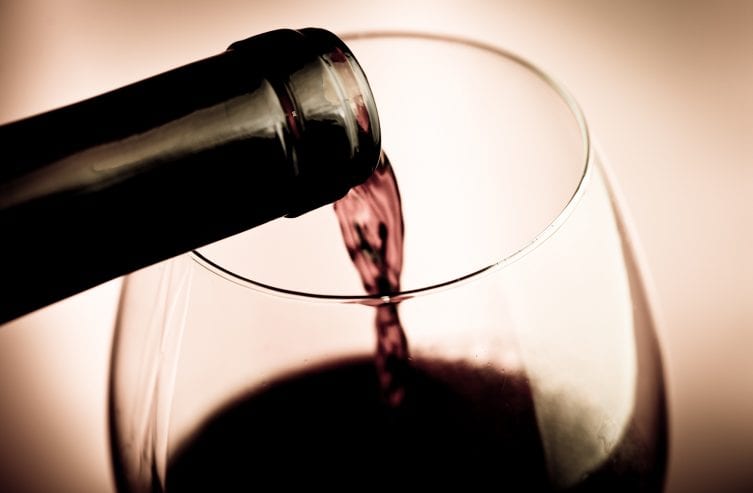
The wine is chosen and ordered, waiter brings you the bottle, expertly uncorks it at the table. Now, it’s down to you to taste the wine. But what is the ritual of sampling or etiquettes of the wine tasting? What is this really all about? Contrary to what people often presume, sampling the wine at restaurant table is not about whether that wine suits one’s own personal taste. Rather it’s about accepting that the wine is fit to drink and free of shortcomings.
Nowadays it is very rare to find the problem with any wine. All thanks to the care that winemakers take in producing their wines and to the care that restaurants takes in storing it properly at the prescribed conditions; however, issues do arise and cannot be completely excluded. The most common problem is a damaged cork, which creates a ‘corked’ and undrinkable wine; and oxidation or secondary fermentation in the bottle can also occur in very few exceptional cases.
So let’s see which are top 3 important etiquettes we all should follow while tasting the wine at restaurants:
Take your time when tasting
Even if this initial sampling of the wine seems little more than a ceremony, you should nevertheless concentrate hard and take your time as you go about it – it could be highly embarrassing if other guests at your table subsequently notice a problem with the wine that went unnoticed in the course of a rushed tasting. And, if you’re not sure after the first sip, unhurriedly swirl the wine round the glass one more time to aerate it and taste it again.
The first taste goes to the host

The sampling before serving is always poured for the host or for the person who has ordered the wine. However, if that person feel uncomfortable about this responsibility, it is perfectly all right to delegate the tasting to another, possibly more experienced guest at the table. If, after tasting, you really aren’t confident about the condition of the wine – perhaps because the specific aroma of the variety is unusual or unfamiliar to you – you can certainly ask the sommelier or, if there isn’t one available, the head waiter if they also would like to taste the wine. This actually happens fairly frequently in restaurants – even experienced connoisseurs sometimes like to ask for a second opinion.
Not liking the wine is no grounds for rejection
If a wine is free of any shortcomings and in good condition, yet it has completely disappointed your expectations, or if its taste profile fails to appeal, then you have absolutely no entitlement to reject it. In a well-run house, the wine waiter is likely to take back the bottle for the sake of goodwill and, if asked, recommend an alternative. This has to be the exception though, because the restaurateur will have to ‘recycle’ the open bottle, for example by offering it as ‘wine by the glass’, so that their goodwill gesture doesn’t generate a loss.
If you have enjoyed this post, please share it on one of the social networks from the list below.